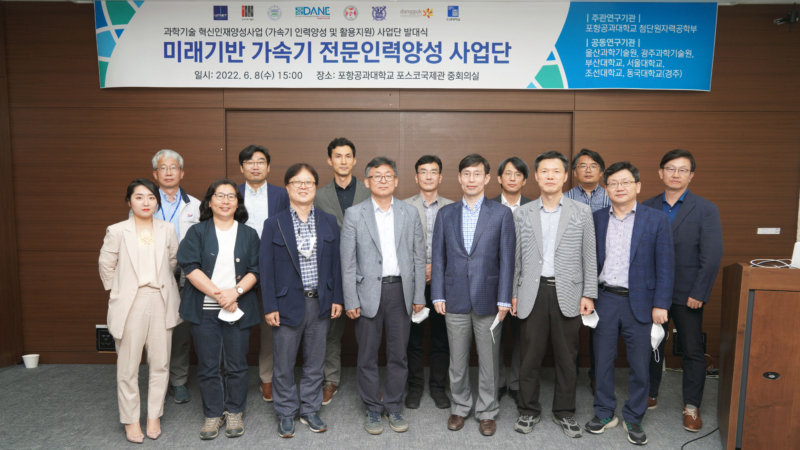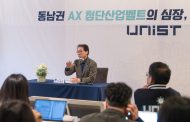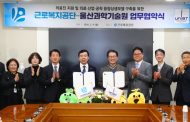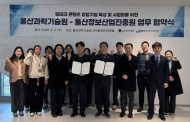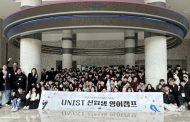UNIST is committed to foster human resources that will take part in development and operation processes of radiation accelerators and heavy ion accelerators in Korea.
The ‘Future-Based Accelerator Professional Training Project Committee,’ a coalition of Pohang University of Science and Technology (POSTECH) that includes UNIST has been selected for the ‘Accelerator Manpower Training and Utilization Support Project.‘ The government will invest KRW 21.2 billion into the project for the next six years until 2027. The project will be participated by five researchers from UNIST, including Professor Moses Chung (Department of Physics), Professor Min Sup Hur (Department of Physics), Professor Chae Un Kim (Department of Physics), Professor EunMi Choi (Department of Electrical Engineering), and Professor Tae Joo Shin (Graduate School of Semiconductors Materials and Devices Engineering).
The ‘Accelerator Manpower Training and Utilization Support Project‘ supports graduate school-centered specialized educational programs in the area of beam lines and associated accelerator technologies. Through this, it aims to further reinforce efforts to systematically cultivate field-oriented master’s and doctoral-level human resources.
The Ministry of Science and ICT has selected the Korea University Alliance (Accelerator and Beam Line Future Talent Cultivation Group) and the POSTECH Alliance, as two leading research institutes to be in charge of the project.
Centered on POSTECH, UNIST, GIST, Dongguk University (Gyeongju Campus), Pusan National University, Seoul National University, and Chosun University will join the ‘Future-Based Accelerator Professional Training Project Committee.‘ The committee will utilize the research equipment of the Pohang Accelerator Laboratory (PAL) at POSTECH.
They also plan on cultivating experts in various fields and cultivate more than 85 professionals with master’s and doctorate degrees by overcoming the limitations of each university through cross registration between universities, credit exchange, opening joint accelerator schools, and participating in the Korea Particle Accelerator School (KoPAS).


